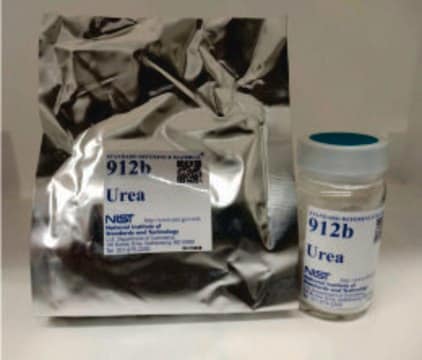23-0860
Oxalic acid solution
0.05 M
About This Item
Produits recommandés
Forme
liquid
Disponibilité
available only in Japan
Concentration
0.05 M
1/10 N
Densité
1 g/cm3 at 20 °C
Chaîne SMILES
OC(=O)C(O)=O
InChI
1S/C2H2O4/c3-1(4)2(5)6/h(H,3,4)(H,5,6)
Clé InChI
MUBZPKHOEPUJKR-UHFFFAOYSA-N
Vous recherchez des produits similaires ? Visite Guide de comparaison des produits
Code de la classe de stockage
12 - Non Combustible Liquids
Classe de danger pour l'eau (WGK)
nwg
Point d'éclair (°F)
Not applicable
Point d'éclair (°C)
Not applicable
Certificats d'analyse (COA)
Recherchez un Certificats d'analyse (COA) en saisissant le numéro de lot du produit. Les numéros de lot figurent sur l'étiquette du produit après les mots "Lot" ou "Batch".
Déjà en possession de ce produit ?
Retrouvez la documentation relative aux produits que vous avez récemment achetés dans la Bibliothèque de documents.
Notre équipe de scientifiques dispose d'une expérience dans tous les secteurs de la recherche, notamment en sciences de la vie, science des matériaux, synthèse chimique, chromatographie, analyse et dans de nombreux autres domaines..
Contacter notre Service technique





